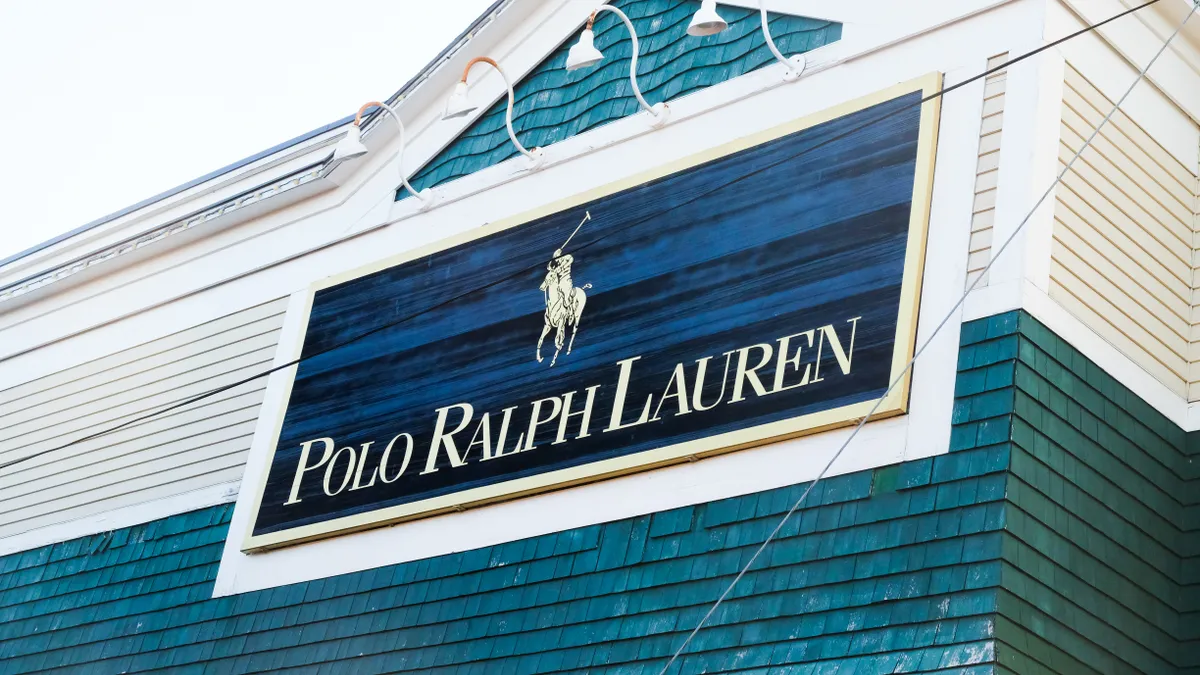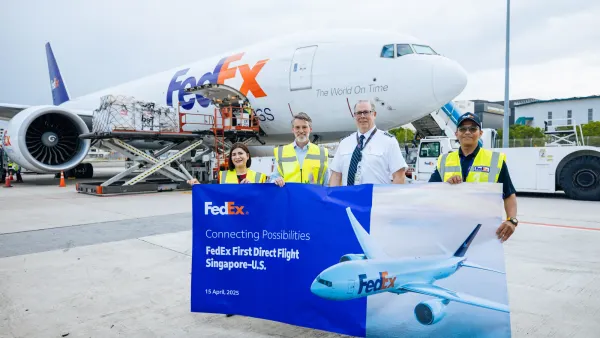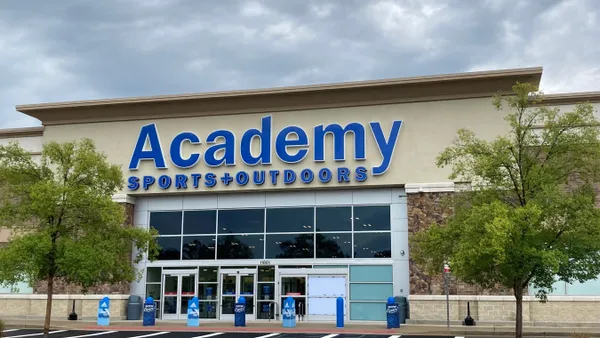Dive Brief:
- Mondelez, Ferrero and Godiva ranked lowest of 15 brands studied in Green America's fourth annual Chocolate Scorecard. The ratings, D, D and F respectively (on an A to F scale) were due to insufficient measures for ensuring human rights, fair wages, sustainability and transparency in their cocoa supply chains. Seven brands received A ratings including Alter Eco, Divine and Theo Chocolate.
- Green America, a national non-profit that promotes sustainable and ethical business practices, ranks brands based on publicly available information about industry certifications for fair labor practices and sustainable sourcing, in addition to information from private conversations with brand leaders about their internal protocols.
- According to the U.S. Department of Labor, over two million children are employed in hazardous conditions on cocoa farms in Côte d’Ivoire and Ghana, where 60% of the world's cocoa is produced. Sourcing networks of small private farms and pervasive low wages can make visibility difficult to achieve and allow harmful practices to proliferate under the radar.
Dive Insight:
Green America's scorecard tracks the percentage of a brand's cocoa supply chain that has received one or more of five major industry certifications, including Fairtrade and Rainforest Alliance certifications, that focus on labor rights, wages, ethical sourcing and deforestation.
Wages are a central concern, particularly since global cocoa prices crashed in 2016 after an unexpected oversupply hit the market, Todd Larsen, executive co-director for consumer and corporate engagement at Green America, told Supply Chain Dive. While demand is beginning to recover, farmer pay has not kept pace with prices, driving some to use child labor or resort to deforestation techniques to make ends meet, or walk away from the business entirely, Larsen said.
To solve this "there's been a push to raise the price floor and that's part of why [regional] governments actually instituted a higher price, starting in 2020 ... with a guaranteed amount going to the farmers," Larsen said. The concern is whether or not the process of setting that price and delivering the proceeds to the farmers will be transparent, he said.
Green America's A-rated companies are 100% fair trade certified, offer higher wages, and have chosen to work with farmer-owned and operated cooperatives, Charlotte Tate, labor justice campaigns manager at Green America, told Supply Chain Dive in an interview.
Some lower-ranked brands have similar objectives. Mars and Hershey, with C+ and C ratings respectively, are working on certifying 100% of their cocoa by 2020 and are partnering with the Cocoa Initiative's Child Labour Monitoring and Remediation System which uses fieldworkers to gather reports from cocoa producers concerning labor conditions and efforts to end child labor.
Mondelez, on the other hand, received a D rating as it is not fair trade or labor certified, but has plans to have 100% of its cocoa certified by 2025 through Cocoa Life, which focuses on sustainability and worker training.
Godiva received an F, despite also having plans to certify 100% of its cocoa by 2020, because it "has not provided information about who is certifying its cocoa, nor shared any progress or plans regarding [its] commitment."
For Green America, there are additional factors to take into account when building the scorecard, namely, a company can be certified on paper without ensuring compliance on the ground.
A Washington Post investigation found that Utz, one of the certifying organizations Green America includes in its scorecard, uncovered 4,900 certified farms that were within protected rainforest areas — prohibited under the certification. These farms also presented higher child labor risks and more dangerous conditions requiring the use of machetes and pesticides.
While working with certifiers and evaluators like Green America can encourage more thoroughly monitored and audited supply chains, another potential incentive, Larsen said, is "the possibility that Customs and Border Patrol will seize shipments into the United States" if companies can't prove their supply is free of child labor.
This story was first published in our weekly newsletter, Supply Chain Dive: Procurement. Sign up here.













